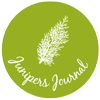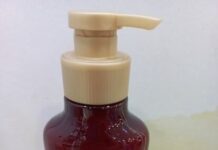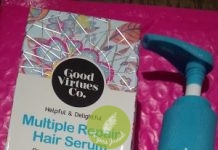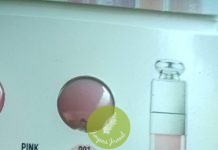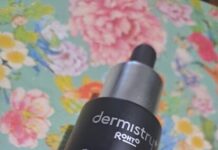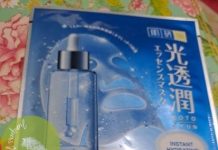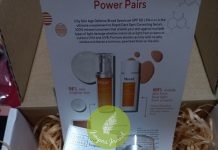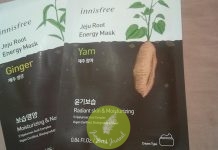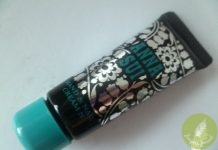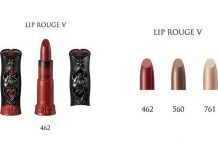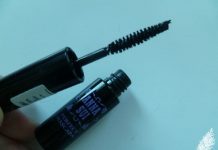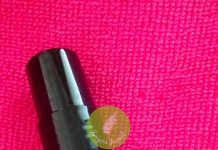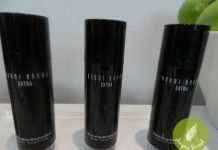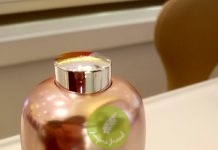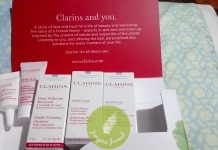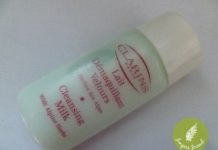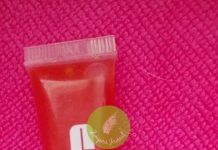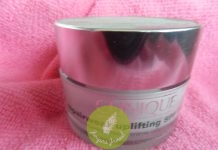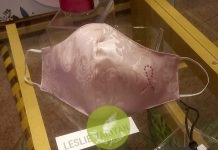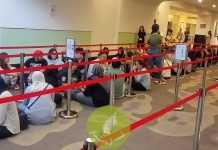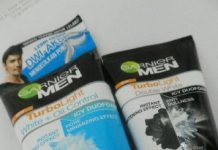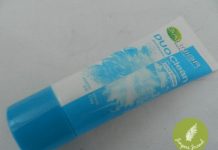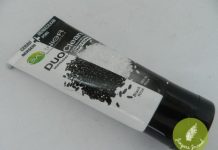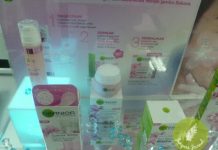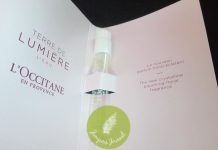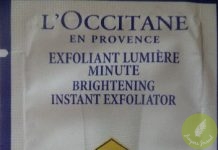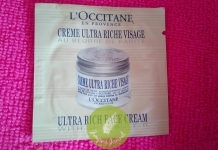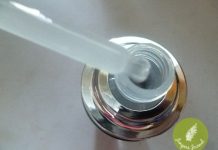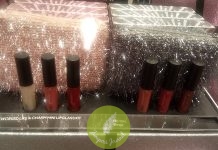

As antimicrobial resistance (AMR) emerges as a significant global health threat, Dettol Malaysia is taking a proactive stance through its latest initiative, the Selangkah Lebih Selangkah Kasih campaign to help Malaysians reduce the burden of illness. This effort focuses on advocating for enhanced hygiene practices, particularly handwashing and surface disinfection, to mitigate the spread of infectious diseases and combat the rising tide of AMR.
The World Health Organization has identified AMR as one of the Top 10 global public health threats, often referred to as a “silent pandemic.” With infectious diseases responsible for 1 in 4 deaths globally and 35% of common infections already resistant to antibiotics, the urgency for preventive measures has never been greater. If left unchecked, AMR could claim up to 10 million lives annually by 2050, turning routine medical procedures like caesarean sections into high-risk interventions*.

In Asia, the overuse of antibiotics exacerbates this issue, with Malaysia reporting the highest rate of antibiotic prescriptions at 44% in the region, as stated in The STAR Asean study. As a result, the importance of alternative prevention strategies, such as improved hygiene practices, cannot be overstated. Studies have shown that better hygiene can reduce antibiotic prescriptions for children with respiratory infections by an astounding 30%.
“A lack of awareness regarding the benefits and risks of antibiotic use compounds the challenge of AMR. For instance, while 72% of healthcare providers (HCPs) recommended antibiotics, only 28% discussed their benefits and potential risks with patients. This knowledge gap is significant, as 71% of individuals believe antibiotics are effective against colds and the flu, and 70% think antibiotics can kill viruses—misconceptions that drive misuse and overprescription. Addressing these misunderstandings is crucial to reducing unnecessary antibiotic use, particularly for viral infections like colds and flu, where antibiotics offer no benefit,” commented Infectious Disease expert Professor Dr Zamberi Sekawi.

With the monsoon season approaching, Malaysia faces heightened risks of infections and illnesses. Constant rainfall and flooding create conditions conducive to the spread of waterborne diseases like cholera and dysentery. Displaced populations in overcrowded shelters are particularly vulnerable to respiratory infections and skin conditions, further underscoring the critical need for proper hygiene practices.
“Hand hygiene and surface cleanliness are fundamental in stopping disease transmission,” said Tiffany Tang, Marketing Director for Health Malaysia and Singapore at Reckitt. “Our hands can carry over 3,000 types of bacteria, and contaminated surfaces can harbour viruses for up to 48 hours. Dettol’s campaign educates Malaysians on simple, effective practices like washing hands with antibacterial soap and regularly disinfecting high-touch surfaces, which can prevent the spread of illnesses such as COVID-19, influenza, and foodborne viruses.”

Dettol’s emphasises the staggering statistics behind the spread of germs*:
- 80% of germs are spread by hands, and a single touch can contaminate up to seven surfaces.
- Handwashing can be as effective as vaccination in preventing certain illnesses, making it a critical public health tool.
- Diarrheal diseases linked to poor hygiene and contaminated water remain a leading cause of death among children under five in Malaysia.
By addressing these realities, Dettol aims to inspire behaviour change across households and public spaces, including schools, and restaurants—places where inadequate hygiene can exacerbate the spread of infections.

While handwashing remains a cornerstone of personal hygiene, surface cleanliness is equally important, especially in high-traffic areas. Doorknobs, bed rails, and shared equipment can become breeding grounds for harmful pathogens if not properly disinfected. Dettol’s campaign emphasizes the critical role of surface hygiene in reducing the spread of bacteria and viruses such as MRSA, E. coli, and the flu virus. Proper disinfection can eliminate over 99% of bacteria linked to common foodborne illnesses, significantly lowering the risk of infections.
Through its comprehensive Selangkah Lebih Selangkah Kasih campaign, Dettol Malaysia has reached over 5 million individuals, emphasising its steadfast dedication to enhancing public health by promoting the adoption of straightforward yet highly effective hygiene practices. This initiative involves a series of meticulously planned programs aimed at various population segments.

One of the focal points of the campaign is outreach to new mothers in hospitals, where Dettol provides essential information and resources on maintaining hygiene for both themselves and their surrounding environment. Additionally, the campaign targets school-aged children through the Dettol Quest program, which engages them in educational activities to foster good hygiene habits from an early age.
Additionally, Dettol has actively collaborated with the Ministry of Health to participate in community outreach initiatives, including the Wellness Month campaign. This partnership serves as a vital platform for promoting health awareness and practical hygiene measures, especially in underserved communities.
These multifaceted efforts are crucial in safeguarding the most vulnerable populations, particularly young children, who are more susceptible to gastroenteritis and other health issues stemming from inadequate hygiene practices.
As Malaysia faces the dual challenges of rising AMR and seasonal infectious diseases, Dettol remains dedicated to equipping communities with the knowledge and tools they need to protect themselves. By fostering a culture of good hygiene, Dettol aims to create a healthier, safer future for all Malaysians.
